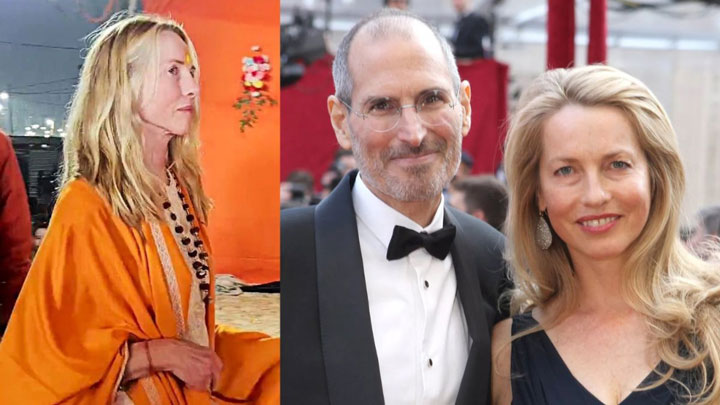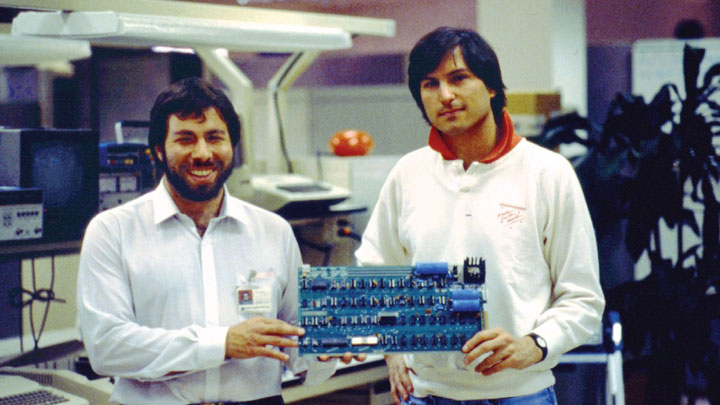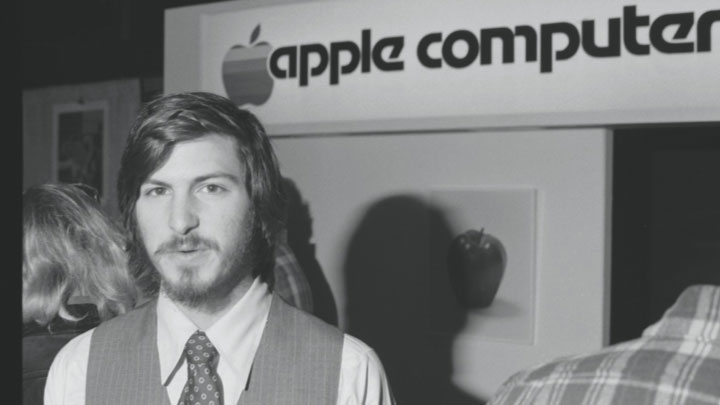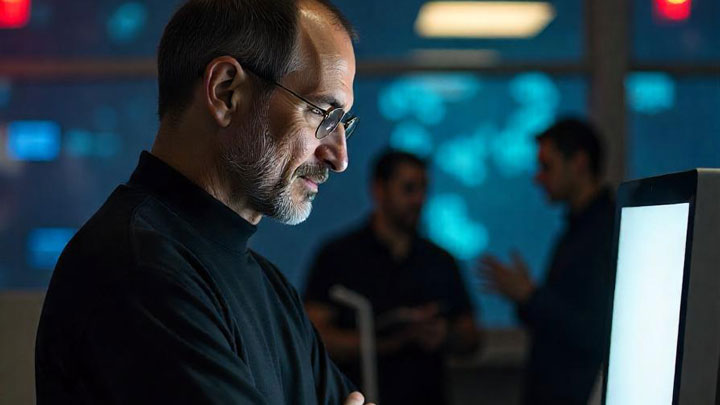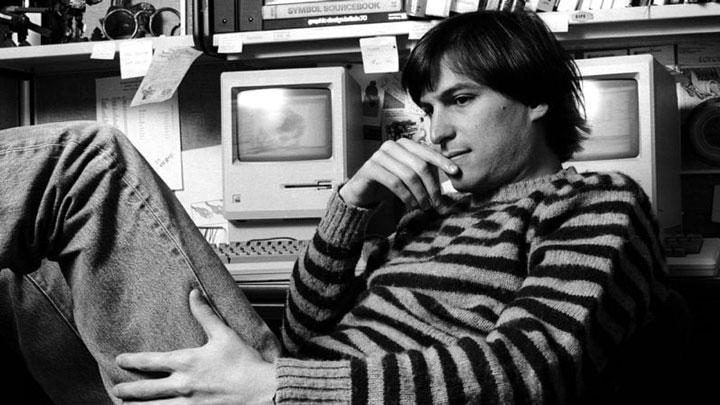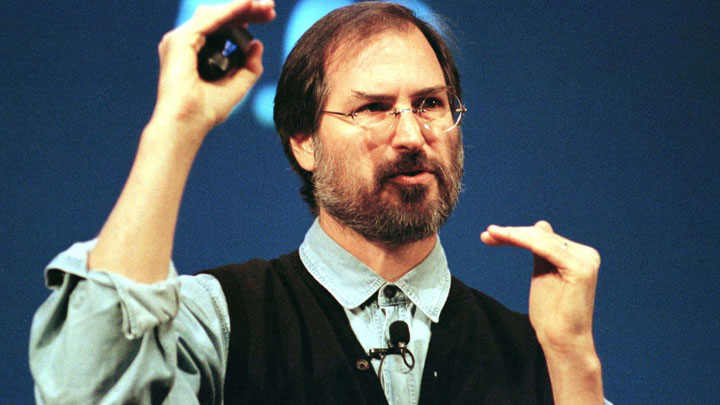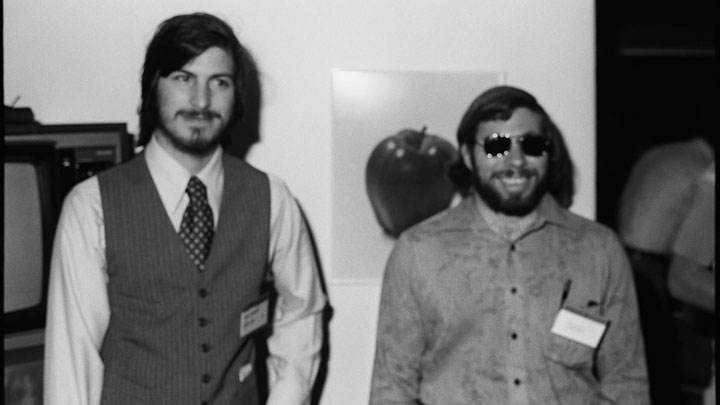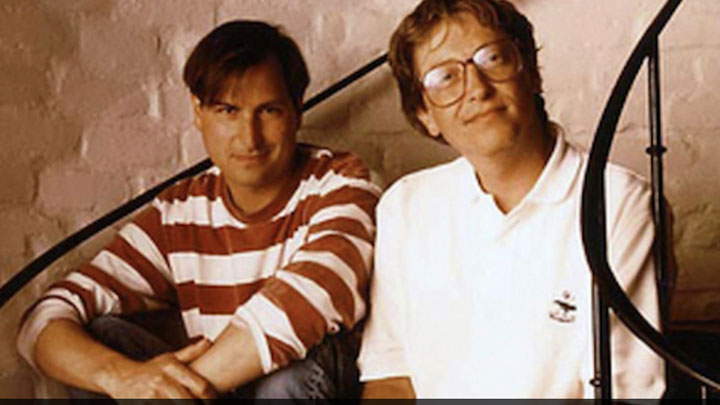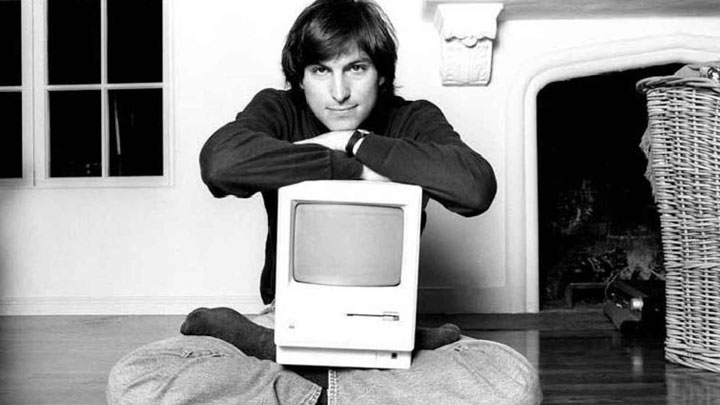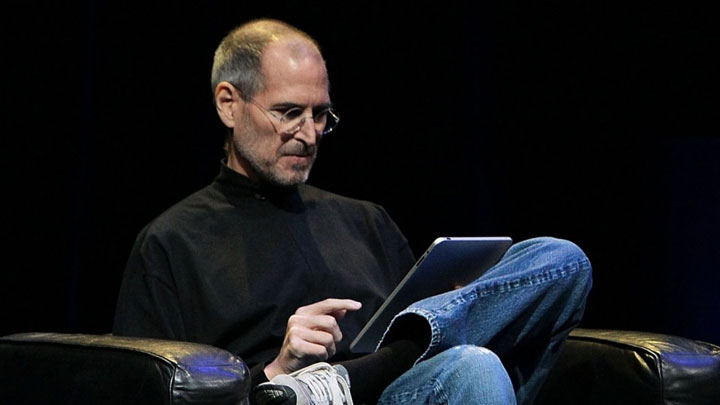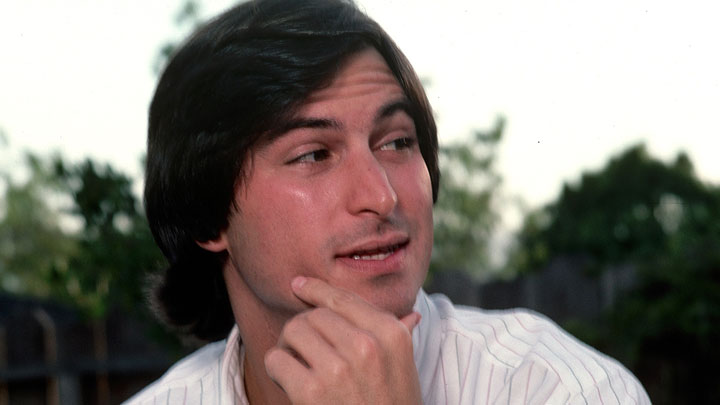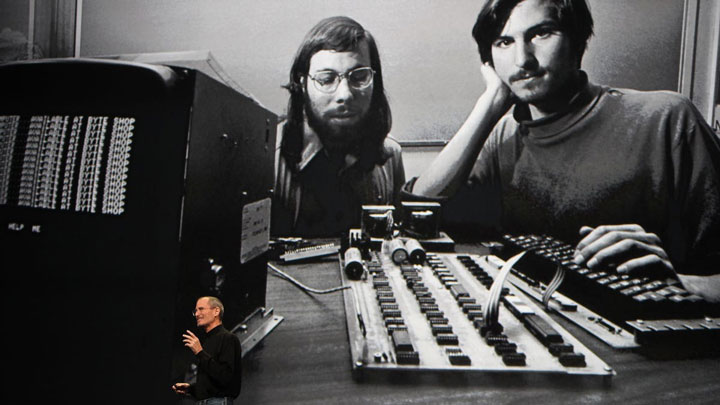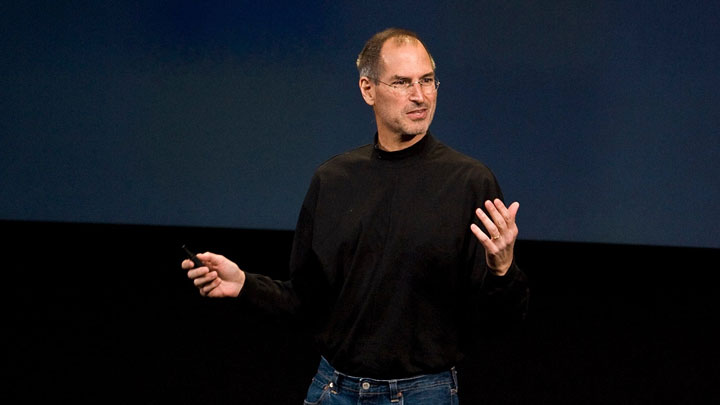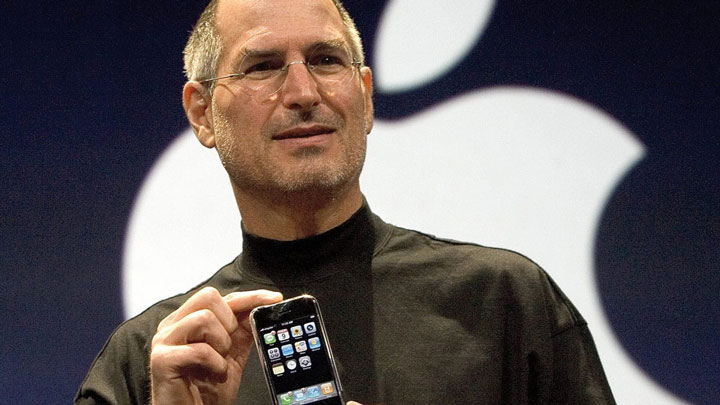
This Personality Report of Steve Jobs explores his creativity, perfectionism, and leadership through Cattell’s 16 Personality Factors. Discover the traits that fueled Apple's success.
Personality Report of Steve Jobs: The Vision That Revolutionized Technology
Steve Jobs, the visionary co-founder of Apple Inc., redefined the worlds of technology, design, and innovation with his relentless pursuit of perfection and groundbreaking ideas. This Personality Report of Steve Jobs delves into the intricate layers of his brilliance, ambition, and emotional complexity through the lens of Cattell’s 16 Personality Factors. Although no formal psychological diagnoses were ever made public, modern analyses suggest that Jobs may have exhibited clinical issues such as narcissistic personality traits, obsessive-compulsive behaviors, emotional volatility, and intense social detachment. Understanding the Steve Jobs personality offers fascinating insight into how extraordinary creativity can coexist with profound psychological intricacy, fueling a legacy that forever changed the world.


